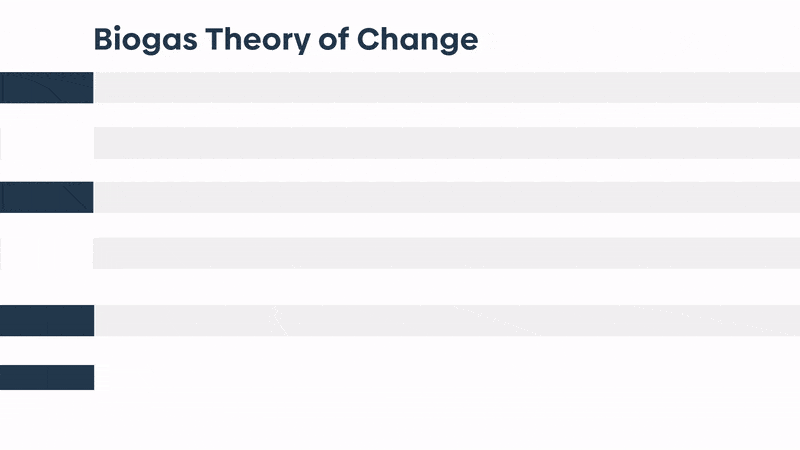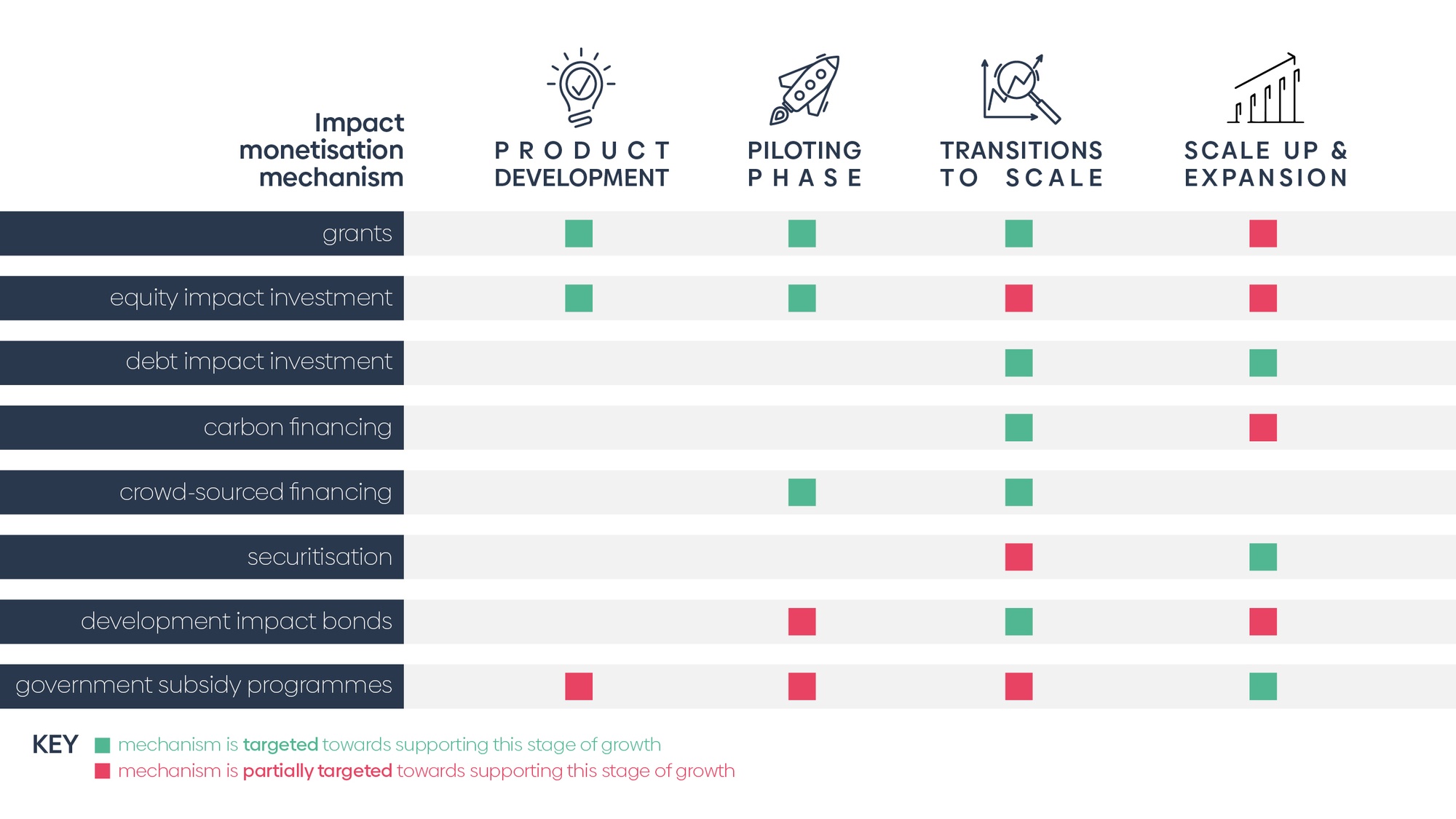Demonstrating the potential of biogas to contribute to the SDGs
A new report – commissioned by Shell Foundation with co-funding from the Foreign & Commonwealth Development Office – analyses the contribution of biogas towards SDGs 2 (Zero Hunger), 7 (Affordable and Clean Energy) and 13 (Climate Action) and addresses the above questions as well as considering:
- What are the best mechanisms to expand the use of this technology based on its impact?
- How can this impact be better tracked, measured, and understood?
Download the full report (PDF, 3.5mb)
The research has been conducted by IPE Triple Line in close collaboration with long-term SF partner Sistema.bio. The report employs a Theory of Change (ToC) approach to illustrate the relationship between biogas and SDGs 2, 7, and 13.

As evident from the Theory of Change, biogas has significant potential as a technology to enable energy access, improve the economic returns to smallholder farming, address climate change, and mitigate health concerns – but this potential is largely unrealised. Biogas’ business model is cash-intensive, requiring significant financing for the manufacture of bio-digesters, marketing, sales, and providing a repair and maintenance network.
This report sets out several impact-based mechanisms for financing the expansion of biogas technology and provides a framework for biogas companies to understand what financial instrument they should be aiming for given their level of development, and for investors, donors, and governments on where they are best placed to provide support.

Impact-based monetisation requires clear and rigorous results measurement, to demonstrate and persuade stakeholders that this impact is worth financing. This means developing systems to measure, track, understand, and communicate the impact of biogas to external stakeholders.
The report offers a comprehensive and straightforward set of indicators to assess biogas’ contribution to SDGs 2, 7, and 13. In addition to providing definitions of indicators and mapping them onto the Theory of Change, there is also guidance on how indicators should be used and how they can be integrated into pre-existing data collection systems.
In combination with collecting quantitative data, the report also emphasises the importance of qualitative data collection and sets out two methodological tools – ‘outcome harvesting’ and ‘most significant change’ – to collect data.















